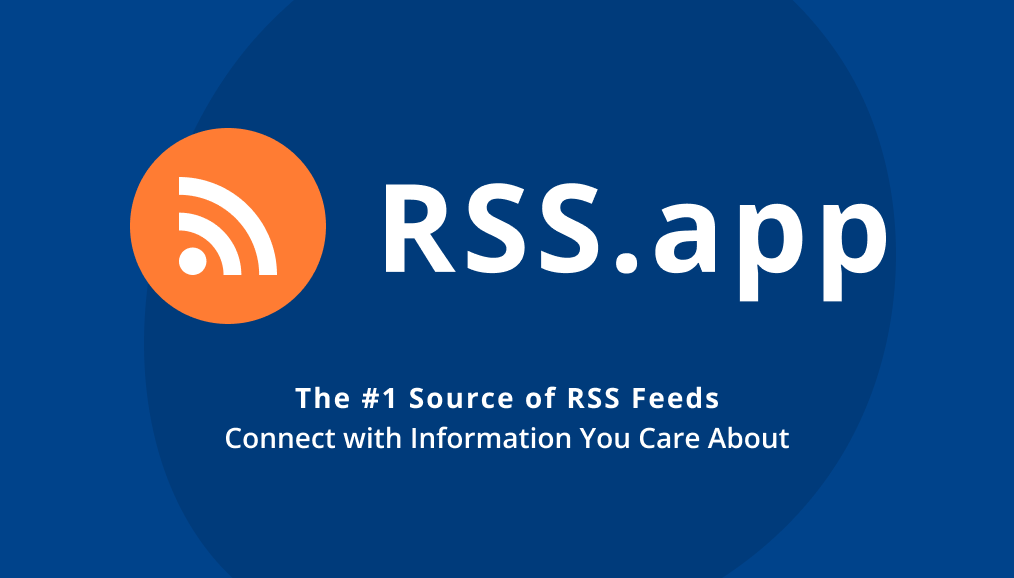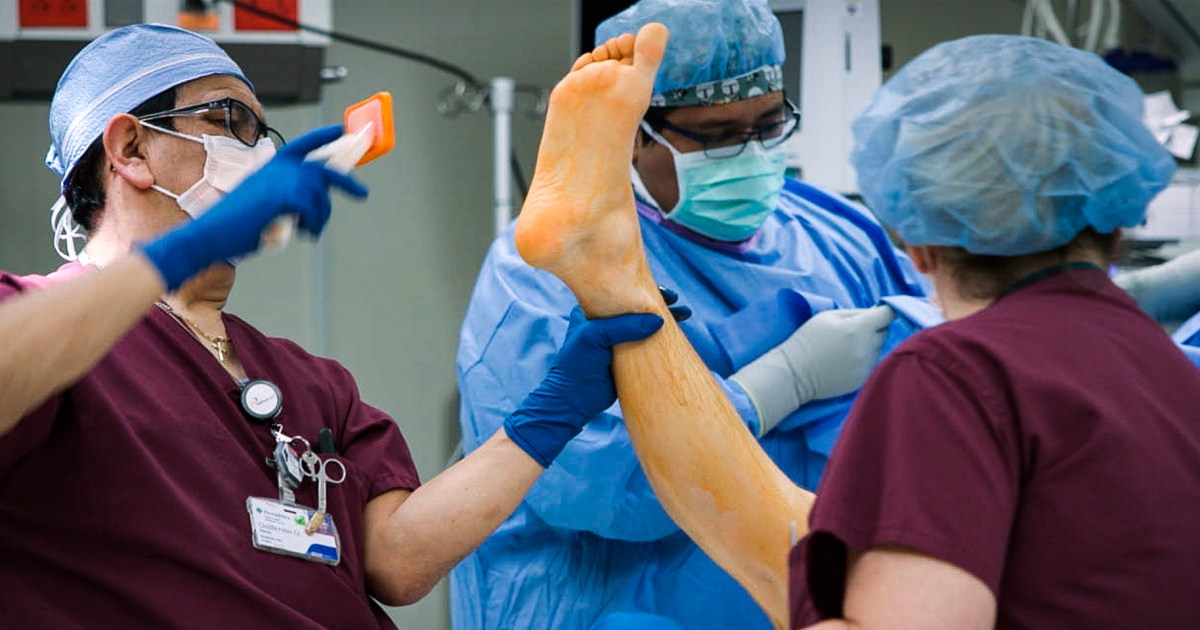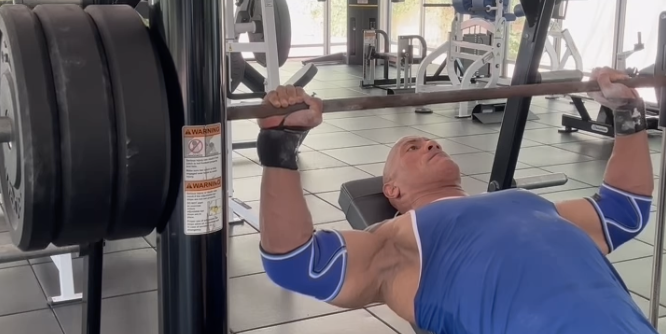For Brenton Harris and some of the blokes at his butcher shop, it is a common way to spend Friday afternoons.
Key points:
- Brenton Harris launched Friday barbecues as a way to provide men with an opportunity to connect
- He says the response has been incredible and the event grows every week
- A psychologist says social connectivity can be a positive tool for improving mental health
Laughter, friendly faces, meat on the barbecue and some non-alcoholic beers.
“We’re building something really special, I think, and the whole community is getting behind us,” Mr Harris said.
Mr Harris and his wife, Mel, only bought the shop in Forest Glen on the Sunshine Coast about four months ago.
They soon began hosting free barbecues every Friday afternoon to provide men with a chance to have a chat with other blokes.
“When we heard the news of Paul Green passing, it hit me pretty hard,” Mr Harris said.
Green, a former Queensland State of Origin coach and rugby league star, died by suicide at the age of 49 during August.
Mr Harris said he had cousins who had also taken their own lives.
“I said to my wife, ‘I wouldn’t mind trying to do a bit of stuff to get a bit of awareness out there so blokes know that there’s places that they can come and have a chat about their feelings and stuff and make it a bit more normal’,” he said.
‘It gives me goosebumps’
Brenton’s wife has been beside him every step of the way.
“Brenton’s also coming through some mental health issues himself, coming out the other side,” Mel said.
“It’s great for him to be able to help some other blokes out.”
Mel said by providing a forum for men to openly communicate, she had noticed some positive changes among the regulars.
“Men like to bottle things up and don’t like to talk about their feelings,” she said.
“It gives me goosebumps every Friday. It’s great.”
Shane King and Travis Pettit attend regularly and are members of men’s health group, Grab Life by the Balls.
“One of the best things blokes can do for their health is actually have three close mates,” Mr King said.
They believed events like this were helping men connect with like-minded blokes and find a sense of belonging within the community.
“One guy popped in and said, ‘Just going to be here for a minute’, and he was here for two-and-a-half hours last week, so it’s awesome,” Mr Pettit said.
“It’s something that’s very much needed in the community and Brenton’s done a great job of it.”
Research backs social connection
According to the Australian Institute of Health and Welfare, males are three to four times more likely to take their own lives than females.
Central Queensland University psychologist and lecturer Chris Crawford said the concept of social interaction being a tool for positive mental health was backed by research.
“We know that when people are socially connected, when they’re interacting with other people, that prevents or is a preventative factor in suicidal ideation, and in suicidal actions,” he said.
Mr Crawford said single interactions could help to change people’s perspectives on difficult circumstances and provide a sense of hope, but it was the ability to connect and forge long-lasting relationships that was most beneficial.
That could be through existing friendships, or by connecting with people at events like the butcher shop barbecue, men’s sheds, or through volunteering with an organisation.
He said research showed that men who attended men’s sheds, for example, were found to have experienced benefits beyond improved mental health.
“Researchers also found that people who attended men’s sheds had better blood pressure,” Mr Crawford said.
“Their glucose levels came more into line, they were more fit, they were more active, and even things like their diet improved.
“The sort of health benefits that accrue with these sorts of social interactions go far beyond just changes in thinking.”
Plans to grow barbecue event
Mr Harris said he wanted to be part of a culture shift.
“I think young blokes were raised to be the man of the house, and the man of the house is supposed to be sort of the tough guy and can’t show your feelings, your emotions or whatnot, and I think that’s a thing of the past,” he said.
Mr Harris said it was important to him that he made a real-life difference, whether that was by helping a family doing it tough or providing a listening ear.
He added that it was not about likes on social media or filming good deeds.
“I think it’s more genuine if it’s just an interaction between yourself and the person that comes in,” Mr Harris said.
“I get a kick out of helping people, not by posting on social media.”







